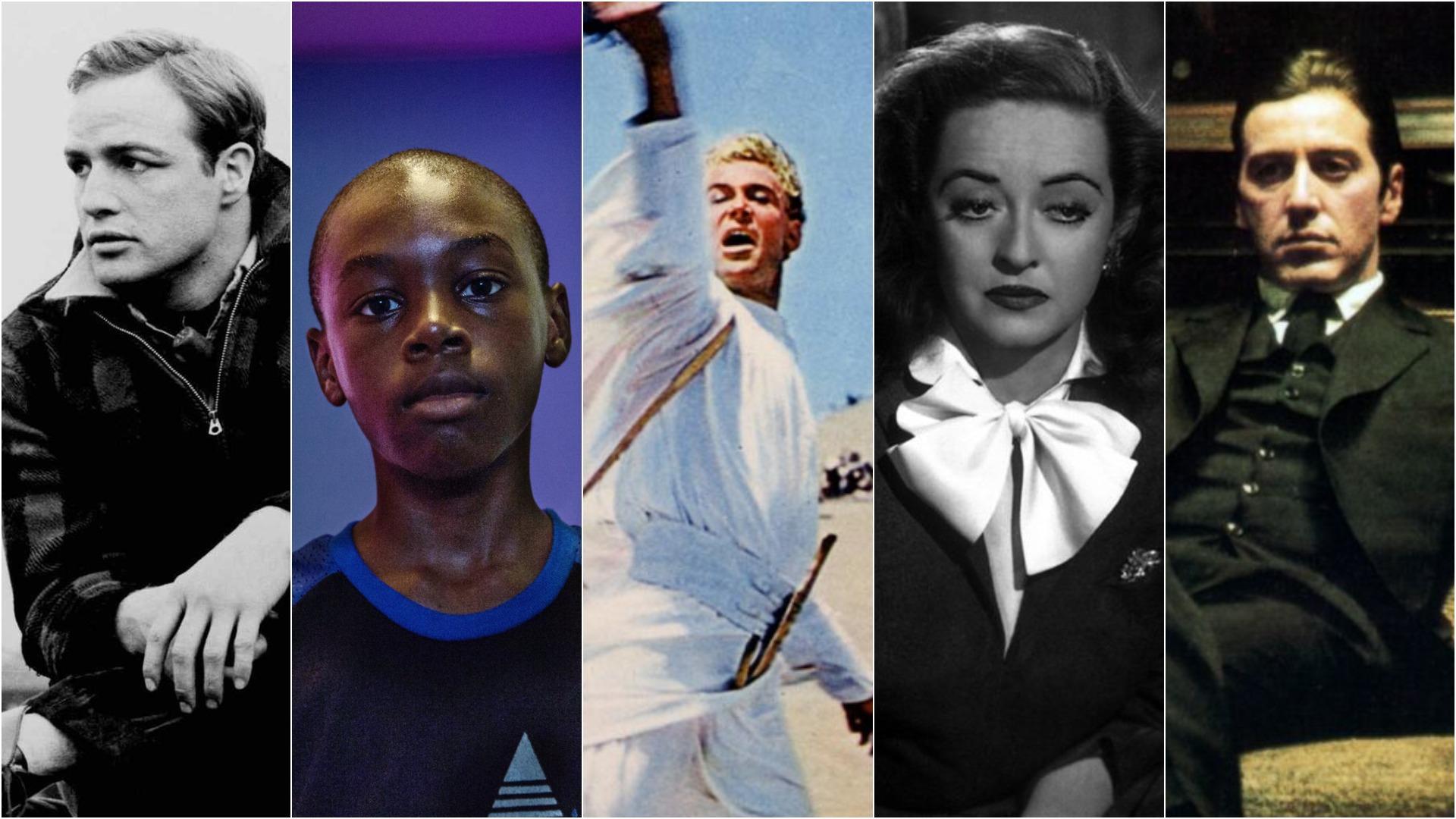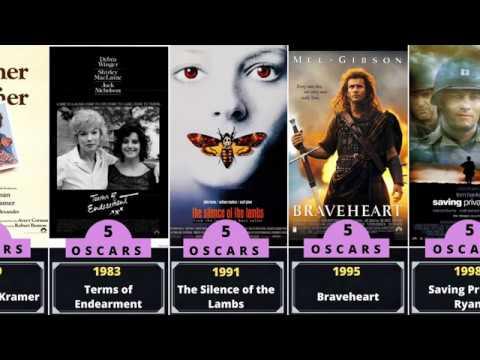The Academy Awards, more commonly known as the Oscars, have long been regarded as the pinnacle of cinematic achievement, celebrating the artistry and innovation of filmmakers across the globe. Yet, beyond the glitz and glamour of the annual ceremony lies a deeper cultural impact that extends far beyond the confines of the silver screen. This article delves into the long-term influence of Oscar-winning films on culture, exploring how these acclaimed works have shaped societal norms, inspired creative endeavors, and reflected the evolving values of their times. By analyzing a selection of films that have garnered the prestigious accolade, we aim to uncover the nuanced ways in which these cinematic triumphs have left an indelible mark on both popular culture and the broader social landscape. Through this exploration, we seek to understand the complex interplay between art and society, and the enduring legacy of films that have been honored with the industry’s most coveted award.
Impact of Oscar-Winning Films on Societal Trends
Oscar-winning films have often been at the forefront of cultural shifts, subtly influencing societal norms and values. These films frequently tackle pressing social issues, from racial inequality to gender dynamics, which resonate with audiences and spark conversations. For instance, movies like 12 Years a Slave and Moonlight have brought racial and LGBTQ+ narratives to the mainstream, encouraging dialogue and fostering empathy across diverse communities. This cinematic spotlight can lead to increased awareness and, in some cases, inspire real-world action, as individuals and organizations strive to address the issues highlighted on screen.
Moreover, Oscar-winning films often set trends in fashion, language, and even lifestyle. They frequently introduce iconic phrases or styles that permeate popular culture. Consider how films like La La Land rekindled interest in jazz music and vintage fashion, or how the dystopian aesthetics of Mad Max: Fury Road influenced everything from design to social media themes. These cultural ripples are evident in various aspects of everyday life, as audiences adopt and adapt elements from these cinematic masterpieces. Through their compelling narratives and visual storytelling, Oscar-winning films not only reflect but also actively shape the zeitgeist of their times.

Cultural Shifts Induced by Award-Winning Cinematic Narratives
The world of cinema has a profound ability to reflect and shape societal values, and Oscar-winning films often sit at the forefront of this transformative power. These narratives frequently challenge prevailing norms and inspire cultural introspection, acting as catalysts for significant shifts in societal perceptions. Oscar-winning films have historically addressed complex themes such as racial inequality, gender dynamics, and political strife, encouraging audiences to re-evaluate their own beliefs and behaviors. By presenting these narratives in compelling and accessible ways, these films become instrumental in initiating conversations and sparking change within society.
Over time, the influence of these films can be observed in various facets of culture, including:
- Fashion and Style: Characters and settings often inspire new trends, influencing everything from haute couture to everyday wear.
- Language and Dialogue: Iconic lines and phrases enter the vernacular, becoming part of popular discourse.
- Social Movements: Themes explored in these films can energize and galvanize social movements, providing a shared narrative for advocacy.
- Artistic Expression: Filmmakers, writers, and artists draw inspiration from the groundbreaking storytelling techniques and visual aesthetics introduced in these films.
In these ways, Oscar-winning films do more than entertain; they become intertwined with the cultural fabric, leaving an indelible mark on the collective consciousness.

Evaluating Long-Term Changes in Public Perception through Film
Oscar-winning films often serve as mirrors reflecting societal values and, over time, can significantly influence public perception. By examining these films, one can trace shifts in cultural norms and attitudes. These cinematic masterpieces, lauded by the Academy, often encapsulate prevailing themes and narratives that resonate with audiences worldwide. As a result, they possess the power to challenge stereotypes, initiate dialogue, and even reshape societal attitudes. For instance, films like “Moonlight” and “Parasite” have not only achieved critical acclaim but have also prompted discussions on race, identity, and economic disparity, sparking broader conversations that extend beyond the silver screen.
Analyzing the impact of these films involves looking at several key elements:
- Narrative Influence: How the storyline and characters reflect or challenge contemporary issues.
- Cultural Representation: The role of diversity and inclusion in shaping audience perspectives.
- Public Dialogue: The extent to which these films initiate or contribute to societal conversations.
- Legacy and Memory: The lasting impression these films leave on future generations and their contribution to cultural heritage.
Through this lens, Oscar-winning films become more than just entertainment; they act as agents of cultural transformation, revealing the evolving landscape of public consciousness over time.

Strategic Recommendations for Future Cultural Studies in Cinema
To effectively delve into the long-term influence of Oscar-winning films on culture, future cultural studies in cinema should adopt a multifaceted approach. Researchers should consider the socio-political context during which these films were both produced and awarded. By doing so, they can uncover the underlying narratives that resonate with audiences and explore how these narratives evolve over time. Additionally, examining the diversity of voices and representation within Oscar-winning films can provide insights into the shifting cultural landscape and societal values.
Furthermore, scholars should integrate the following strategic recommendations into their studies:
- Comparative Analysis: Assess the cultural impact of Oscar-winning films in contrast with other influential but non-awarded films to identify unique factors contributing to their long-term influence.
- Longitudinal Studies: Conduct long-term research to track changes in audience perception and cultural significance over decades.
- Interdisciplinary Collaboration: Partner with experts in sociology, psychology, and history to enrich the analysis with diverse perspectives.
- Technological Influence: Examine how technological advancements in filmmaking and distribution affect the cultural reach and impact of Oscar-winning films.
By adopting these strategies, cultural studies can provide a comprehensive understanding of how Oscar-winning films shape and reflect cultural identities over time.
